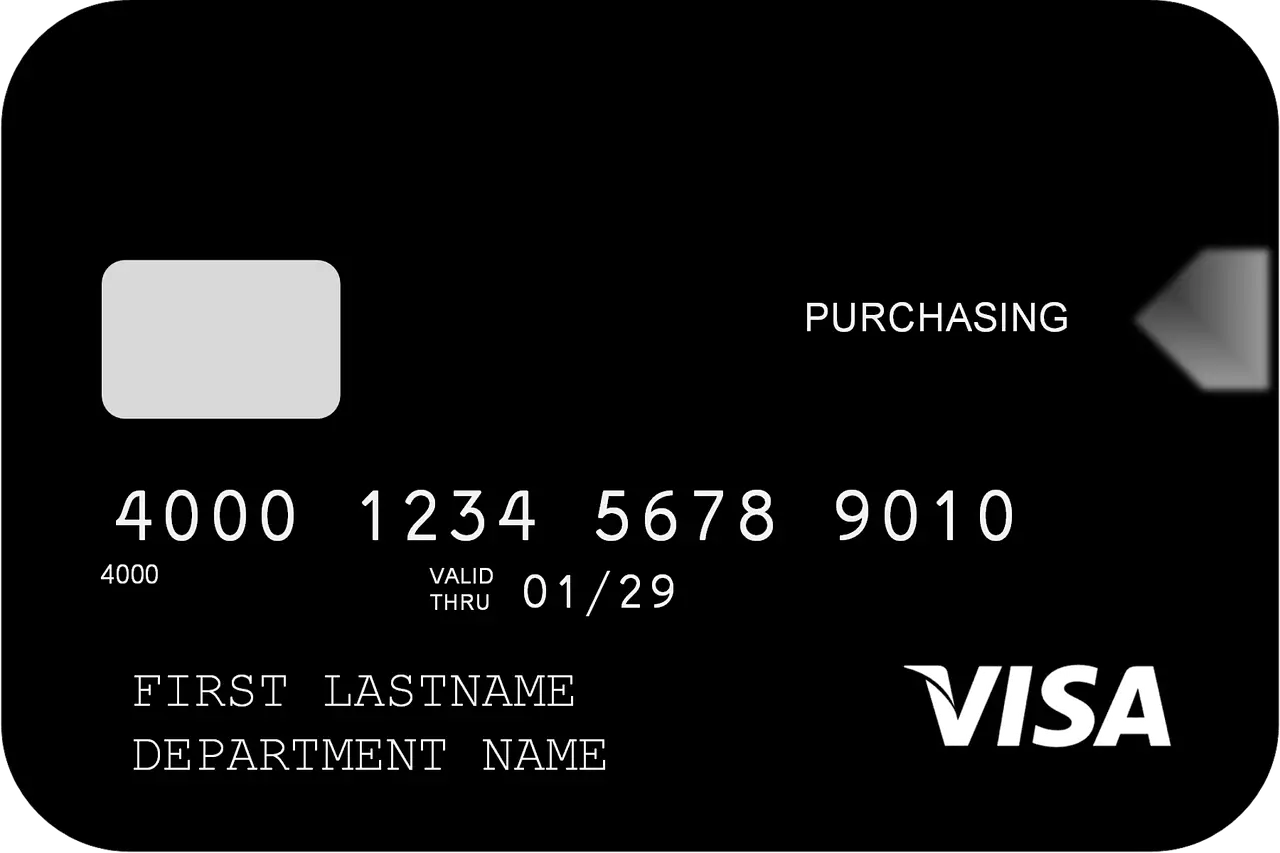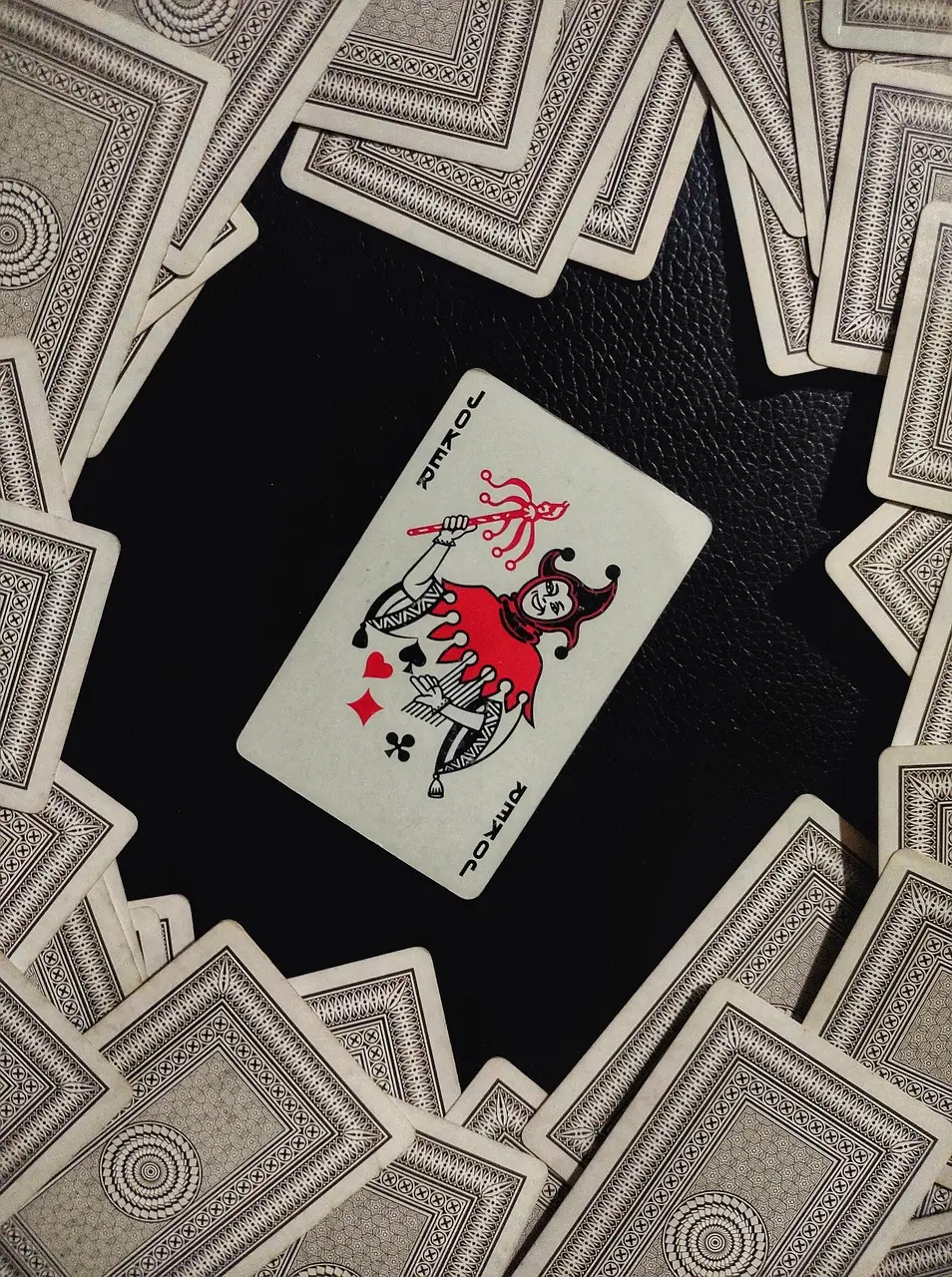Ever thought about getting a credit union credit card? You’re not the only one. Lots of folks wonder how they compare to regular bank cards.
Table of Content
- Are credit union credit cards better than banks?
- What credit score needed for credit union cards?
- How do credit union credit card rewards compare?
- What are credit union credit card interest rates?
- Do credit unions offer balance transfer cards?
- Are credit union credit cards good for building credit?
- What fees come with credit union credit cards?
- How to apply for credit union credit cards?
- Can anyone join a credit union for cards?
- Do credit union cards have mobile apps?
- What credit unions have best credit cards?
- Are credit union credit cards more secure?
- Summary and Action
Credit unions are owned by members. They usually have better rates, less fees, and more personal service. But are they really always better? Let’s look at what people usually ask about these cards.

The 2024 Hater’s Guide to Credit Cards
- aaronliao: Love the effort that went into this. Hilarious.For most cards I’d add, “You justify points/lounge access/status by claiming that you are a frequent traveler, but you are on fewer than 8 flights a year total.”
- keeptrackoftime: In case anybody else who isn’t old was wondering, “metrosexual” used to be a thing boomers spitefully called gen X and older millennial men who lived in cities and dressed nice.
- Healthy-Transition27: The accuracy of description tells us OP owns or at least tracks the unhealthy number of credit cards.
- chria01: I guess I need to research this Redstone FCU card. Fidelity Rewards card was left off and am disappointed I wasn’t personally offended.
Parent Ruined My Credit
- Shooter61: Have you approached your mother? Asked for her to pay off the delinquent loans she created? Once you determine if she’s a deadbeat mom, or just a confused old lady, will determine your next steps.
- THEoppositeOFyellow: Yeah, I went through this too and it took almost a decade to recover. I regret not reporting it as fraud and making my parents pay the cost of being bad people.
- deported_ninja: After my mom passed away her sister (my aunt) ruined my credit putting cable bills and electricity in my name when I was 5-10 plus multiple credit cards. Only found out after I turned 18. Forgive Don’t forget.
Today I closed all my chase accounts and credit cards
- uffdagal: If you think any CEO in finance / banking puts employees or customers in front of profit, you’re in for a long life of disappointment and anger.
- kyleko: What I will do is take thousands of dollars a year from them in bank and credit card sign up bonuses.
- Big_Buy8203: Good job OP. If you don’t like how a company is being ran you have the freedom to choose elsewhere. Go where you and your resources feel more comfortable 🫡
- Shinobi1314: About to close my account as well. Good to know some people are having similarly thoughts and they actually took action!Thumbs up 👍
Credit Union installed bar over card reader to help fight skimmers
- deleted: Me and my goons are currently casting an entire faceplate skimmer for the ATM. Your bars are futile.
Youtube will start to demand ID / credit cards information from European users.
- tankoyuri: It’s time to use apps such as FreeTube on PC or NewPipe (Android) to avoid that kind of things. I’ll never give data this sensitive to Google
- pb4000: Hot take: how about parents just educate and control their kids? It isn’t YouTube’s fault if a kid gets access to their service. Also, just don’t collect all that data on people, then you don’t need to do age verification.
- dspencer2015: Isn’t this an artifact of European legislation that requires parents to be notified about user data stored?
- 1zzie: So I want my vpn to be European for GDPR opt outs but will get even more identified on YouTube if I want to keep it on. What the hell is happening with this European morality panic, seems utterly American…
Bank says my 749 credit score isn’t real?
- t-poke: You don’t have one credit score. You have dozens, across multiple bureaus and multiple models.Your 749 is real if a lender uses that particular score. If they don’t, then it’s not real.
- 2muchcaffeine4u: The thing that makes me think that’s fake is that there is no way they can know exactly what your score would be after you open another account. I also don’t see how opening another account would raise your score 100 points
- Unlucky-Clock5230: What a load of bull. I only have two cards and my score is 802. I guess your bank would say the “real” number should be in the 500’s.
- deleted: I was in banking for years, and this guy is full of BS. Unfortunately many bankers have sales quotas to meet and will say anything to “sell” a product. Please don’t fall for it.
Are credit union credit cards better than banks?
There’s a few things to think about when you compare them to big bank cards.
First off, their rates are usually lower. A 2022 report says credit union cards average about 11% APR.
Banks average around 16% – that’s a big difference. You could save hundreds in interest with those lower rates.
Plus, their fees are usually cheaper too. Lots don’t have yearly fees, and late fees are smaller. Sarah from Ohio says she saved $120 in fees her first year after switching.
But they might not have as many rewards as fancy bank cards. If you travel a lot and want lounge access or good travel insurance, bank cards might be better. It really depends on how you spend your money and what’s important to you.

What credit score needed for credit union cards?
Credit unions are usually more chill about credit scores than banks. They like good credit (670 ), but many will still help members with fair or bad credit.
About half of credit unions have special cards to help build credit. Like secured cards where your deposit sets your limit.
But you’re not guaranteed to get approved. As Mark from a California credit union says, they look at everything. Long-time members with lower scores might get approved when banks would say no.

How do credit union credit card rewards compare?
Their rewards are simpler but often give better cash back. No fancy points or airline deals, just simple cash back with no limits or confusing rules.
Take Navy Federal’s card – 1.5% back on everything, no yearly fee. Better than lots of bank cards. But if you want travel rewards, bank cards might be the way to go.
Some are teaming up with big networks to offer better rewards now. Alliant’s Visa gives 2.5% back (with some rules) – just as good as top bank cards.

What are credit union credit card interest rates?
Like we said, their rates are usually lower than banks. On average, their APR is 5 points lower than banks. That really adds up if you don’t pay your balance every month.
Since they’re non-profit, they can give members better rates. Some have 0% intro rates, but these periods are shorter than banks offers.
But rates differ a lot between credit unions. Small local ones might have the best rates. Definitely compare different credit unions.

Do credit unions offer balance transfer cards?
Yep, lots have balance transfer cards with good terms. They don’t push them as hard as banks, but they’re great for combining debts.
The best part? The regular APR after the intro period is usually lower. Banks might give you 0% for 18 months, then bump it to 18%.
Credit unions might do 0% for 12 months, then just 12% – way better if you can’t pay it all off fast.
James in Texas moved $8,000 in debt to his credit union card. After the 0% period, his rate was half what it was before. That made paying off debt way easier.

Are credit union credit cards good for building credit?
They’re great for building or fixing your credit. They report to all the credit agencies, so using them right boosts your score.
Lots have secured cards made to help build credit. You need to put down a deposit, but their fees are usually lower than banks. After a year or so of good use, some upgrade to regular cards.
Money expert Maria Rodriguez says she tells people fixing their credit to try credit union cards. Smaller limits stop overspending, and they’re more helpful when you need advice.

What fees come with credit union credit cards?
One big plus? They usually have fewer fees. Bank rewards cards often cost $95 yearly, but many credit union cards are free.
Watch out for:
– Late fees ($25-35 vs banks $40)
– Foreign fees (check if you travel abroad)
– Balance transfer fees (3-5%, same as banks)
– Cash advance fees (usually cheaper)
Always check the details, but generally their fees are better than banks.

How to apply for credit union credit cards?
Applying’s different – you usually need to join the credit union first. You might need to live, work, or go to church nearby, or belong to some group.
After joining (just open a savings account with $5-25), you can apply for cards. The application’s like banks – personal info, income, and they’ll check your credit.
Here’s a tip: Often you can join and apply for a card at the same time online. Some even approve you right away, just like big banks.

Can anyone join a credit union for cards?
Their membership rules aren’t as strict as you might think. Many just need you to live, work, or go to school nearby, or work in certain jobs.
Some have really open membership rules. Like some let you join if you donate to a charity, others cover whole states. Alliant lets anyone join if you sign up with their nonprofit partner (small fee).
Don’t meet the rules? Call them – some are more flexible than they say online.

Do credit union cards have mobile apps?
Big credit unions have apps just like banks for managing your card. You can usually:
– See your balance and purchases
– Pay your bill
– Set up alerts
– Lock your card if it’s lost
– Cash in rewards
Smaller ones might have simpler apps or just mobile websites. If you care about mobile banking, check their app reviews first.
Their apps often make it easier to get real customer help than big banks. Many integrate live chat or quick-call features that connect you directly with representatives at your local branch.

What credit unions have best credit cards?
Several credit unions are known for offering particularly competitive credit cards:
1. Navy Federal Credit Union: Offers several strong options, especially for military members and families.
2. Alliant Credit Union: Their Visa Signature Card offers exceptional cash back rates.
3. PenFed Credit Union: Known for good rewards cards, especially for gas and groceries.
4. State Employees Credit Union (SECU): Offers low-rate cards with great terms.
5. Digital Federal Credit Union (DCU): Has a popular low-rate Visa Platinum card.
The best card depends on your needs. For low interest rates, look at local credit unions. For rewards, larger credit unions tend to offer more options.

Are credit union credit cards more secure?
Credit union credit cards offer the same security features as bank cards, including EMV chips, fraud monitoring, and zero liability policies. However, some members report feeling more secure with credit unions due to their smaller size and more personalized service.
When my credit union’s fraud department called about suspicious activity, they knew me by name and had all my information ready, shared Lisa from Colorado. With my old bank card, it always felt like I was talking to a stranger reading from a script.
Credit unions also tend to be quicker to resolve fraud cases, according to a 2021 study by the Consumer Financial Protection Bureau. The average resolution time was 7 days compared to 12 days for large banks.

Summary and Action
Credit union credit cards offer numerous advantages over traditional bank cards, including lower interest rates, fewer fees, and more personalized service. While they might not have all the flashy rewards of some premium bank cards, their straightforward terms and member-focused approach make them excellent options for many consumers.
If you’re considering a credit union credit card, start by researching credit unions you’re eligible to join. Compare their card offerings to your current cards, paying special attention to interest rates and fees that affect how you use credit. Don’t hesitate to call or visit local credit unions – their representatives can often provide personalized advice that big banks can’t match.
Remember, the best credit card is the one that aligns with your financial habits and goals. For many people, that perfect card might just be waiting at their local credit union.